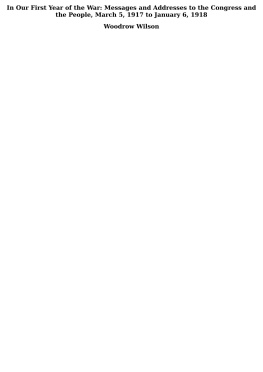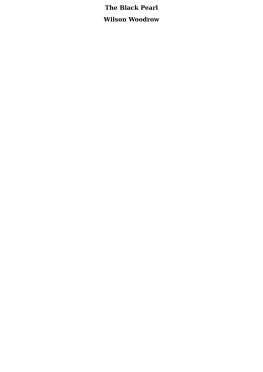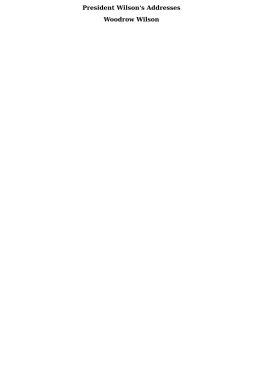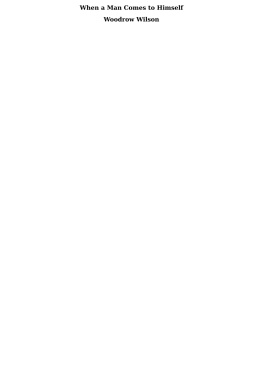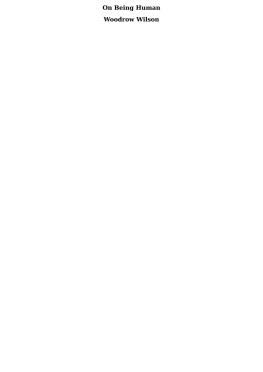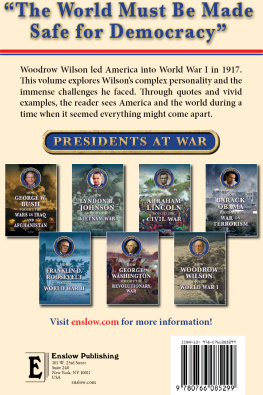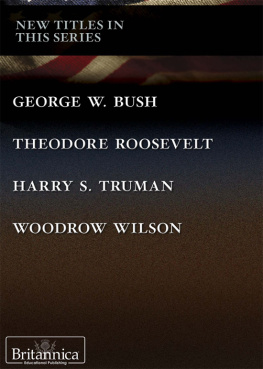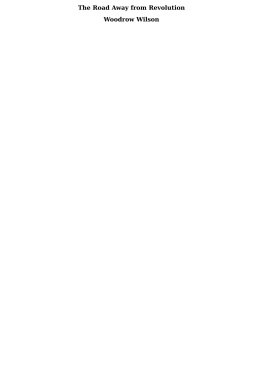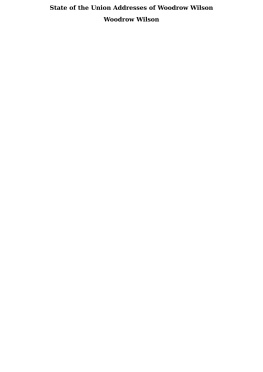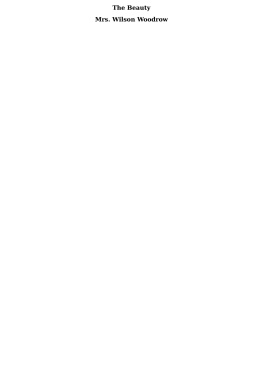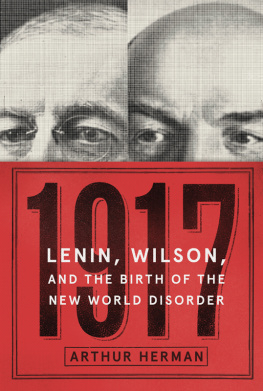Spotlight
Spotlight Books
57 Gloucester Road
CLAPHAM
MK41 6ZS
With honour of the Liam Patel
Online publishing centre.
Published in the UK by Spotlight Books, Clapham.
Spotlight Books 2020
The moral rights of the authors have been asserted
Database right Spotlight Books.
This book is located in the public domain.
All rights reserved. No part of this publication may be reproduced, stored in a retrieval system, or transmitted, in any form or by any means, without the prior permission in writing of Spotlight Books, or as expressly permitted by law, or under terms agreed with the appropriate reprographics rights organization. Enquiries concerning reproduction outside the scope of the above should be sent to the Rights Department, Spotlight Books, at the address above. http://www.spotlightBooks.xyz
You may also visit our contact page for more information regarding supporting the project.
You must not circulate this book in any other binding or cover and you must impose the same condition on any acquirer.
Data available
Ebooked in the UK
ISBN 10: 599892250
ISBN 13: 9780599892255
FOREWORD
This book opens with the second inaugural address and contains the President's messages and addresses since the United States was forced to take up arms against Germany. These pages may be said to picture not only official phases of the great crisis, but also the highest significance of liberty and democracy and the reactions of President and people to the great developments of the times. The second Inaugural Address with its sense of solemn responsibility serves as a prophecy as well as prelude to the declaration of war and the message to the people which followed so soon.
The extracts from the Conscription Proclamation, the messages on Conservation and the Fixing of Prices, the Appeal to Business Interests, the Address to the Federation of Labor and the Railroad messages present the solid every-day realities and the vast responsibilities of war-time as they affect every American. These are concrete messages which should be at hand for frequent reference, just as the uplift and inspiration of lofty appeals like the Memorial Day and Flag Day addresses should be a constant source of inspiration. There are also the clarifying and vigorous definitions of American purpose afforded in utterances like the statement to Russia, the reply to the communication of the Pope, and, most emphatically, the President's restatement of War Aims on January 8th. These and other state papers from the early spring of 1917 to January, 1918, have a significance and value in this collected form which has been attested by the many requests that have come to Harper & Brothers, as President Wilson's publishers, for a war volume of the President's messages to follow Why We Are At War.
As a matter of course, the President has been consulted in regard to the plan of publication, and the conditions which he requested have been observed. For title, arrangement, headings, and like details the publishers are responsible. They have held the publication of the President's words of enlightenment and inspiration to be a public service. And they think that there is no impropriety in adding that in the case of this book, and Why We Are At War, the American Red Cross receives all author's royalties.
In the case of the former book the evolution of events which led to war was illustrated in messages from January to April 15th. In the preparation of this book, which begins with the second inaugural, it has seemed desirable to present practically all the messages of war-time, and therefore three papers are included which appeared in the former and smaller book, in addition to the twenty-one messages and addresses which have been collected for this volume.
IN OUR FIRST YEAR
OF WAR
IN OUR FIRST YEAR
OF WAR
I
THE SECOND INAUGURAL ADDRESS
(March 5, 1917)
My Fellow-citizens,--The four years which have elapsed since last I stood in this place have been crowded with counsel and action of the most vital interest and consequence. Perhaps no equal period in our history has been so fruitful of important reforms in our economic and industrial life or so full of significant changes in the spirit and purpose of our political action. We have sought very thoughtfully to set our house in order, correct the grosser errors and abuses of our industrial life, liberate and quicken the processes of our national genius and energy, and lift our politics to a broader view of the people's essential interests. It is a record of singular variety and 2singular distinction. But I shall not attempt to review it. It speaks for itself and will be of increasing influence as the years go by. This is not the time for retrospect. It is time, rather, to speak our thoughts and purposes concerning the present and the immediate future.
A COSMOPOLITAN EPOCH AT HAND
Although we have centered counsel and action with such unusual concentration and success upon the great problems of domestic legislation to which we addressed ourselves four years ago, other matters have more and more forced themselves upon our attention, matters lying outside our own life as a nation and over which we had no control, but which, despite our wish to keep free of them, have drawn us more and more irresistibly into their own current and influence.
It has been impossible to avoid them. They have affected the life of the whole world. They have shaken men everywhere with a passion and an apprehension they never knew before. It has been hard to preserve calm counsel while the thought of our own people swayed this way and that under their influence. We are a composite and cosmopolitan people. We are of the blood of all the nations that are at war. The currents of our thoughts as well as the currents of our trade run quick at 3all seasons back and forth between us and them. The war inevitably set its mark from the first alike upon our minds, our industries, our commerce, our politics, and our social action. To be indifferent to it or independent of it was out of the question.
And yet all the while we have been conscious that we were not part of it. In that consciousness, despite many divisions, we have drawn closer together. We have been deeply wronged upon the seas, but we have not wished to wrong or injure in return; have retained throughout the consciousness of standing in some sort apart, intent upon an interest that transcended the immediate issues of the war itself. As some of the injuries done us have become intolerable, we have still been clear that we wished nothing for ourselves that we were not ready to demand for all mankind,--fair dealing, justice, the freedom to live and be at ease against organized wrong.
It is in this spirit and with this thought that we have grown more and more aware, more and more certain that the part we wished to play was the part of those who mean to vindicate and fortify peace. We have been obliged to arm ourselves to make good our claim to a certain minimum of right and of freedom of action. We stand firm in armed neutrality since it seems that in no other way we can demonstrate what it is we insist upon 4and cannot forego. We may even be drawn on, by circumstances, not by our own purpose or desire, to a more active assertion of our rights as we see them and a more immediate association with the great struggle itself. But nothing will alter our thought or our purpose. They are too clear to be obscured. They are too deeply rooted in the principles of our national life to be altered. We desire neither conquest nor advantage. We wish nothing that can be had only at the cost of another people. We have always professed unselfish purpose and we covet the opportunity to prove that our professions are sincere.

